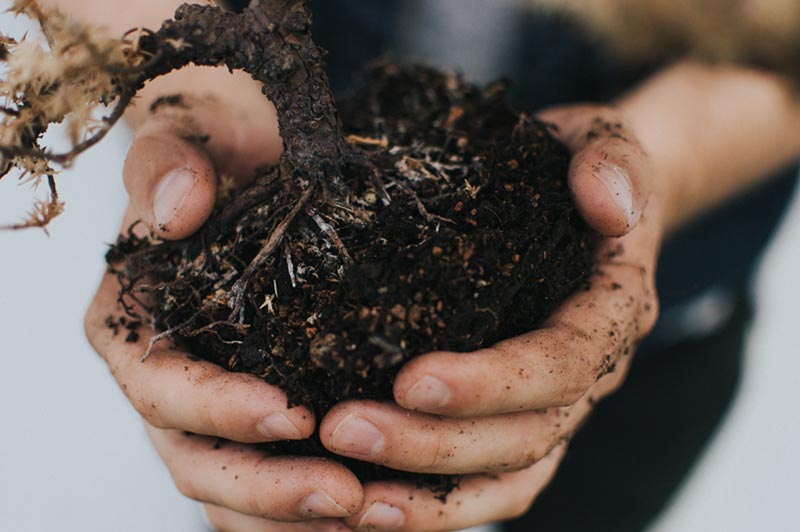
Researchers are one step closer to developing a “stress vaccine.”
A team at the University of Colorado Boulder has identified an anti-inflammatory fat in a soil-dwelling bacterium that may explain how the bacterium, Mycobacterium vaccae, benefits health and reduces stress-related illness. The discovery has been published in the journal Psychopharmacology.
“We think there is a special sauce driving the protective effects in this bacterium, and this fat is one of the main ingredients in that special sauce,” said senior author and Integrative Physiology Professor, Christopher Lowry, in a statement found on Science Daily.
The hygiene hypothesis
The findings build on the “hygiene hypothesis,” a term coined in 1989 by British scientist David Strachan. Strachan’s theory suggested that a lack of exposure to microorganisms in childhood, due to the sterility of the modern world, is resulting in impaired immune function and higher rates of allergies and asthma.
The theory has since evolved to suggest that the problem is not actually a lack of exposure to disease-causing germs, but rather to beneficial microbes in soil and the environment that have been dubbed “old friends.” Now that most of us no longer live and work in close contact with nature as we once did, and the use of antibacterial and disinfectants is so common, we are not exposed to these microbes that were part of our lives for millennia. The theory suggests that this takes an affect on mental health as well as physical.
“The idea is that as humans have moved away from farms and an agricultural or hunter-gatherer existence into cities, we have lost contact with organisms that served to regulate our immune system and suppress inappropriate inflammation,” said Lowry. “That has put us at higher risk for inflammatory disease and stress-related psychiatric disorders.”
Children raised in rural settings have healthier immune systems and may have lower incidents of mental illness
Lowry has reportedly published numerous studies demonstrating a link between exposure to healthy bacteria and mental health. One of these showed that children raised in rural settings, surrounded by animals and dust containing bacteria, have more stress-resilient immune systems as adults than pet-free city dwellers. They may also be at lower risk of mental illness.
Another of Lowry’s studies showed that giving mice injections of M. vaccae before a stressful event could prevent a “PTSD-like” syndrome and stress-induced illness in the rodents.
“We knew it worked, but we didn’t know why,” said Lowry. “This new paper helps clarify that.”
Stress vaccine could help soldiers and first responders
The discovery puts Lowry closer to his goal of developing a “stress vaccine” from M. vaccae, which could be given to soldiers, first responders, and other people in high-stress jobs to help them fend off the detrimental effects of stress.
Wellness trend
The findings give weight to predictions made by Marc Cohen, Professor of Health Sciences in the School of Health and Biomedical Sciences, RMIT University in Melbourne. Cohen stated for a recent report on wellness trends that “the war on microbes is coming to an end.” He predicted that we will come to greater understanding of bacteria as vital for health, and that we will see greater emphasis on microbial ecosystems, the benefits of contact with healthy soils, “and the use of stool transplants for a range of medical conditions.” He also predicted that we will see microbial-based personal care products and microbial-based water treatments.
Spa Executive magazine is published by Book4Time, the world’s most innovative spa, salon, wellness, and activity management software. Learn more at Book4Time.com



